Romantic relationships are a rich interweaving of emotions. They provide a platform for individuals to express their deepest feelings, hopes, and desires. Emotional expression is fundamental to any successful partnership, fostering intimacy, understanding, and connection between two people. How you express emotions can strengthen or weaken your bond in romantic relationships. Let’s explore the art of emotional expression in romantic relationships, discussing its significance and offering practical tips for enhancing this crucial aspect of your love life.
Why Should You Engage Emotionally
- Building Trust and Intimacy: Sharing one’s emotions is an intimate act, creating a bond of trust and vulnerability. When you open up to your partner about your feelings, you invite them into your world, and this vulnerability can deepen your connection.
- Conflict Resolution: Honest and effective expression of emotions plays a crucial role in resolving conflicts. It allows partners to understand each other’s perspectives, paving the way for compromise and resolution.
- Emotional Support: In times of distress or joy, knowing that your partner is there to listen and empathize is incredibly comforting. Emotional expression enables partners to support each other through ups and downs.
- Strengthening Communication: Sharing emotions is a form of communication that helps partners understand each other better. This understanding is critical to maintaining a healthy and loving relationship.
Tips for Managing Emotions in Your Romantic Relationship
- Active Listening: To express your emotions effectively, being a good listener is important. Give your partner your full attention when they share their feelings. Make eye contact, ask open-ended questions, and provide reassurance to show you care.
- Use “I” Statements: When expressing your feelings, avoid blame or accusation. Instead, use “I” statements to express your emotions and needs. For example, say, “I feel hurt when…” rather than “You always make me feel…”
- Choose the Right Time and Place: Timing is crucial when discussing sensitive issues. Find a suitable moment when you and your partner are relaxed and can give each other undivided attention.
- Stay Calm and Respectful: Emotions can run high in romantic relationships, but it’s important to maintain a respectful and calm demeanour when expressing them. Avoid shouting, name-calling, or using hurtful language.
- Empathize: Try to see things from your partner’s perspective. Empathy can go a long way in making them feel understood and valued.
- Non-Verbal Communication: Remember that not all communication is verbal. Sometimes, a touch, a hug, or a simple smile can convey emotions more effectively than words.
- Appreciation and Validation: Acknowledge your partner’s emotions and validate their feelings. This shows that you respect their emotions and care about their well-being.
- Express Gratitude: Don’t forget to express gratitude for the positive emotions your partner brings into your life. Compliment them, say “I love you” often, and show appreciation for the little things they do.
The Risks of Emotional Disconnection
Deterioration of Intimacy: Emotional disconnection can lead to a gradual erosion of intimacy between partners. When you or your partner choose to withhold or suppress your emotions, it creates a gap in your emotional connection. Over time, this can result in emotional distance, making it challenging to maintain the closeness which is crucial for a healthy romantic relationship.
Increased Conflict: When emotions are not expressed and addressed, they can fester and lead to unresolved issues. This can escalate into more significant conflicts and arguments in the long run. Emotional disconnection can become a breeding ground for misunderstandings and disagreements, as partners may not fully grasp each other’s feelings and needs.
Loneliness and Isolation: Emotional disconnection can leave one or both partners feeling lonely and isolated, even within the confines of the relationship. This emotional isolation can lead to a sense of being unheard or misunderstood, which can harm one’s mental and emotional well-being.
Lack of Emotional Support: In times of personal crises or stress, a lack of emotional support from a partner can be especially damaging. Emotional disconnection means you may not have the comfort and solace of knowing your partner is there to listen, understand, and offer empathy. This lack of support can make it more difficult to navigate life’s challenges.
Relationship Deterioration: Ultimately, prolonged emotional disconnection can result in the deterioration of the entire relationship. It may lead to partners growing apart, feeling unfulfilled, or contemplating separation or divorce. Emotional disconnection is often cited as a significant contributing factor to the breakdown of many romantic relationships.
Summary
Emotional expression is crucial for trust, conflict resolution, and support in romantic relationships. Practical advice for managing emotions includes active listening, “I” statements, empathy, and non-verbal communication. However, failing to connect emotionally can lead to issues like diminished intimacy, increased conflict, loneliness, a lack of support, and potential relationship deterioration.











